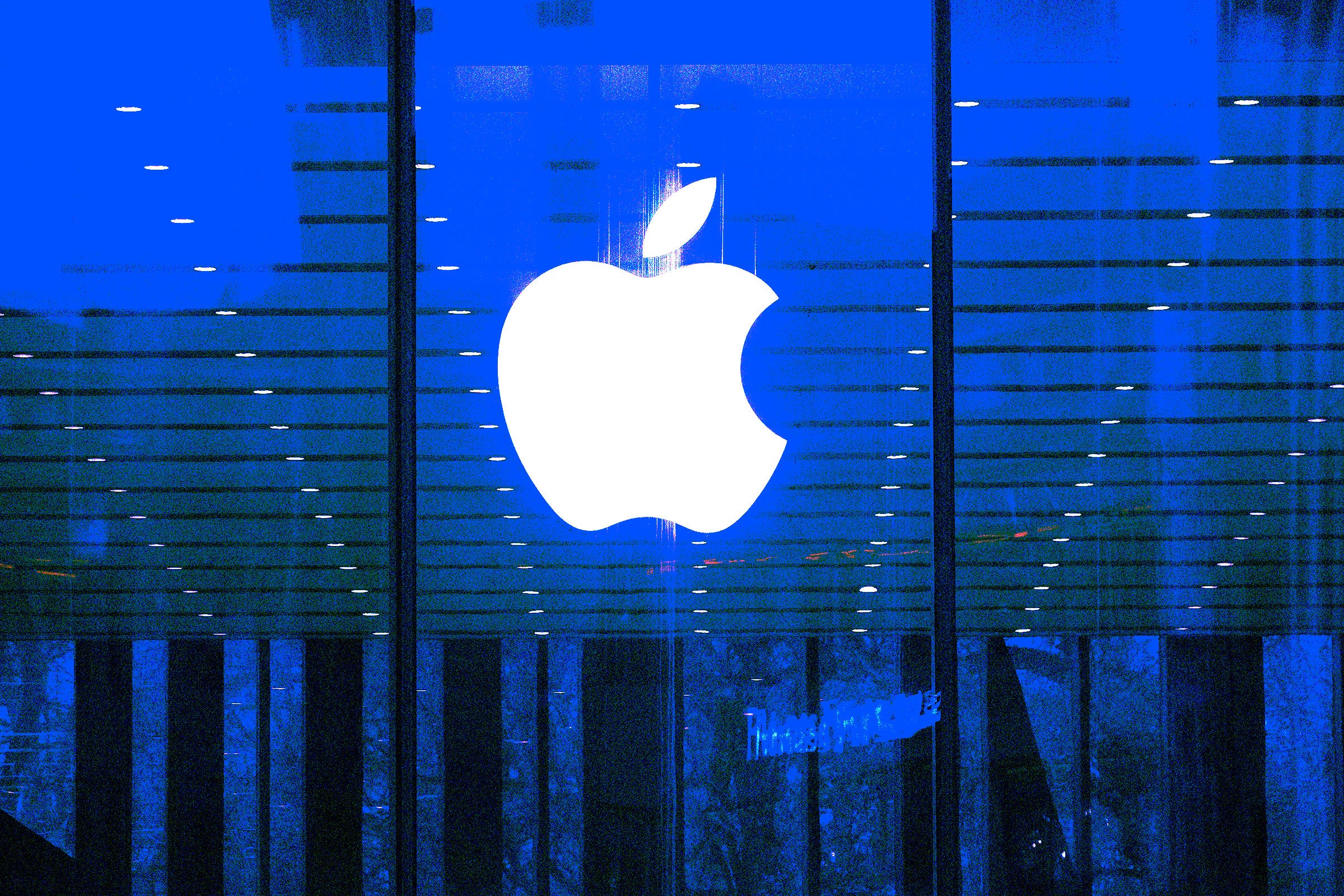In the ever-evolving landscape of digital music, the tussle between tech giant Apple and streaming service Spotify has taken yet another contentious turn. Despite a hefty nearly $2 billion fine levied by the European Commission, Apple’s response—or lack thereof—to Spotify’s request for app updates has sparked further debate about compliance and competition in the tech industry.
The crux of the matter lies in Apple’s alleged silence following Spotify’s attempt to update its EU app with direct pricing information and subscription links. This update, as reported by The Verge, came right on the heels of the European Union’s decision to fine Apple for practices deemed illegal under the Digital Markets Act (DMA). Specifically, the EU took issue with Apple barring developers from informing app users about cheaper payment options outside the App Store.
Spotify’s email to the EU Commission, which was obtained by The Verge, expresses concern that Apple’s delay in acknowledging the update is a deliberate move to ‘circumvent and/or not comply with the Commission’s decision.’ The email suggests that Apple’s actions, if left unchecked, could be a calculated effort to avoid compliance altogether.
Jeanne Moran, a Spotify spokesperson, confirmed the authenticity of the email and voiced frustration over the delay, stating, ‘It’s been nine days now and we’re still waiting to hear from Apple about our app submission to show EU consumers pricing and a link to our website, which we are now authorized to do by the European Commission’s decision on the music streaming case.’ Moran’s statement underscores a direct conflict with Apple’s claim of a 24-hour turnaround for app submission reviews and highlights the discrepancy with the timeline set by the Commission.
The ongoing saga between Spotify and Apple is not new. It dates back to March 2019 when Spotify filed a complaint against Apple with the European Commission, accusing the iPhone maker of anti-competitive practices that favored its own service, Apple Music, over others. Since then, Spotify CEO Daniel Ek has been vocal in his criticism of Apple’s practices, particularly in light of the DMA’s implementation.

In response to the EU fine, Apple defended its position, stating that it has supported Spotify’s growth and that it has not charged any fees for the services provided. Apple’s statement on March 4th emphasized that Spotify seeks to ‘bend the rules in their favor’ by embedding subscription prices in their app without using the App Store’s In-App Purchase system.
As the DMA came into effect on March 7, 2024, allowing developers to distribute their apps to iOS users outside the App Store in the EU, the spotlight on Apple’s practices has intensified. The EU’s ruling that Apple cannot prevent developers from informing users about alternative payment methods has set a precedent that challenges the status quo of app distribution and payment processing.
The situation raises critical questions about the balance of power between app developers and platform owners. With the European Commission’s fine and the DMA’s regulations, the stage is set for a potential shift in the digital marketplace. Whether Apple will adjust its policies to align with these changes remains to be seen, but the tech world is watching closely as this corporate drama unfolds.
The friction between Apple and Spotify is more than a mere corporate squabble; it’s a reflection of the broader issues of market dominance, competition, and consumer choice in the digital age. As the narrative continues to develop, the tech community and consumers alike await Apple’s next move with bated breath.
Related posts:
Even Apple’s $2 billion fine seemingly hasn’t stopped its beef with Spotify
Even Apple’s $2 billion fine seemingly hasn’t stopped its beef with Spotify
Spotify accuses Apple of blocking its app updates in the EU





